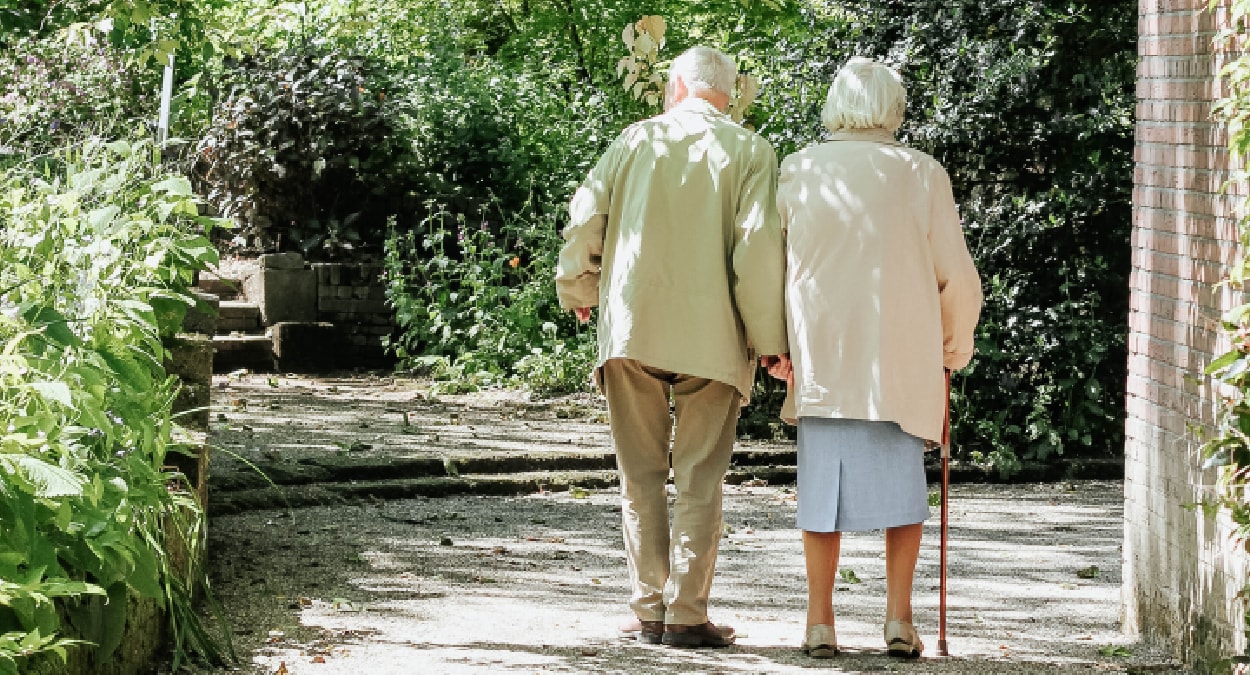How do some people live for 100 years University of Copenhagen scientists find the answer

from the university share According to the information provided, its scientists studied 176 healthy Japanese. All had completed 100 years of age. Scientists found in their study that all centenarian Japanese had a special mix of bacteria and viruses in the gastrointestinal (GI) tract.
Studies have shown that the presence of specific viruses in the intestines can benefit our health. Study author Joachim Johansson said that we were always curious to know why some people live such a long life. Previous research has shown that the bacteria present in the intestines of older Japanese people produce new molecules, which protects them from pathogens. Pathogens are those which cause many types of diseases. This includes viruses, bacteria, fungi, parasites etc. Diseases caused by organisms in humans are also known as pathogenic diseases.
According to Joachim Johansen, Japanese elders may live longer than others only because they are protected from intestinal infections. During this study, scientists developed an algorithm to map the intestinal bacteria and bacterial viruses of Japanese people who have completed 100 years of age. This was compared with the group of people aged 18 to 60 years.
Scientists found excellent biological diversity of bacteria and bacterial viruses in Japanese elderly people. Scientists believe that the presence of special bacteria and viruses in the intestines provides protection against diseases that occur during aging. Scientists say that this study can be used to increase the life expectancy of the rest of the people in the world.